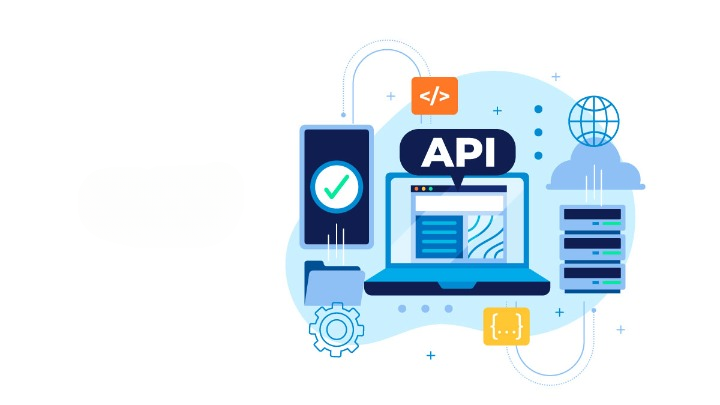
API penetration testing is a security assessment focused on identifying and addressing vulnerabilities within the Application Programming Interfaces (APIs) of software systems. APIs serve as the bridge for communication between different software components and external services, making them a prime target for attackers seeking to exploit security weaknesses. The testing process involves analyzing the API’s architecture, designing test cases to simulate various attack scenarios, and conducting both manual and automated testing to uncover vulnerabilities such as authentication flaws, injection attacks, data exposure, and insecure communication. By systematically assessing the security of APIs and remedying any discovered weaknesses, organizations can enhance the overall resilience of their software systems against potential cyber threats.
API penetration testing plays a crucial role in ensuring the robustness of software systems by specifically targeting the vulnerabilities inherent in API architectures. Authentication flaws, a common target for attackers, are thoroughly scrutinized during testing to ensure that unauthorized access attempts are detected and blocked effectively. Injection attacks, another prevalent threat vector, are meticulously probed to identify any points of entry where malicious code could be injected to manipulate or compromise sensitive data.
Moreover, the assessment extends to uncovering potential data exposure risks, where APIs might inadvertently expose sensitive information due to misconfigurations or lax access controls. Additionally, the evaluation encompasses scrutinizing communication channels to identify any weaknesses that could leave data vulnerable to interception or manipulation by malicious actors. Through this comprehensive testing approach, organizations can fortify their APIs against potential cyber threats, thereby bolstering the overall security posture of their software systems.


© All rights reserved@GRC360